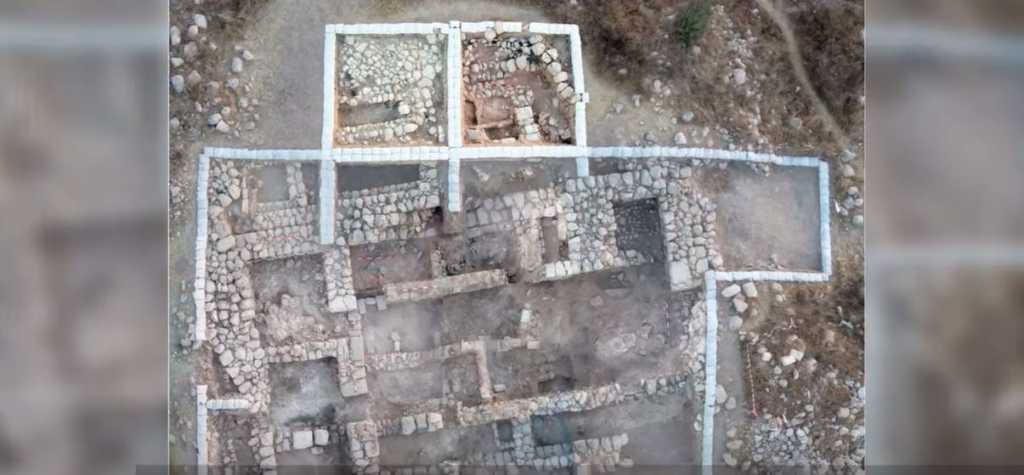A team of archeologists has made what could be a major discovery related to the Biblical account of King David.
Archaeologists Uncover Ruins of Ancient Christian Hideout Under Town Formerly Held by ISIS
The team of Israel-based researchers recently uncovered a vast building that dates back to the time of King David’s reign (c. 1,000 B.C.E.). The ancient building was discovered in Tel Eton, in the Hebron hills of Israel, which was, during King David’s time, a Canaanite town that supposedly had close ties with Israel.
The archaeologists first discovered a large, four-bedroom building dating all the way back to the 10th century B.C.E., according to measures taken via carbon dating. The reason this is so significant is that various skeptics have pointed out the fact that fortifications, public works or signs of statehood in the surrounding region dating back to this time had yet to be discovered. But with this latest finding, that point appears to have been proven wrong.
Despite the lack of physical evidence directly tying King David to the structure, experts explained what they believe this remarkable unearthing likely reveals.
“We, of course, did not find any artifacts that said ‘King David’ or ‘King Solomon,’ but we discovered at the site signs of a social transformation the region underwent, including the construction of a large edifice in a plan known to archaeologists as ‘the four-room house’ which is common in Israel but is rare to non-existent elsewhere,” the leader of the dig, Professor Faust of Bar-Ilan University, told Breaking Israel News.
“This seems to indicate that the inspiration or cause for the transformations are to be sought in the highland,” he continued. “The association with David is not based on any archaeological evidence but on circumstantial grounds only. Since the source of the change seems to be in the highlands, and since it took place at the time when David was supposed to have existed, the link is plausible.”
Faust added: “If someone thinks that there was no king by the name of David, we should find another name to call the highland king in whose time the region was incorporated into the highland kingdom.”
The professor also explained that the new discovery has caused scholars to reassess their estimations as to the amount of land that was under the control of King David.
“The new discovery at Tel ‘Eton, located in the Judean Shephelah to the east of the Hebron hills, seems to suggest that the highland kingdom controlled larger areas than some scholars believe,” he noted.
With that being said, the prominent Israeli archeologist Dr. Eilat Mazar highlighted that the narrative of the Bible should not be used to dictate ancient discovery, but instead archaeology should be used to back up biblical claims.
“Archaeology does not begin with a belief and the Bible and then a search for proof,” Dr. Mazar told Breaking Israel News. “We first find evidence and then try to understand the truth behind the evidence.”
He added that, in his estimation, the evidence for the existence of King David is still lacking.
“Even with what is written about David, one of the more prominent figures in the Bible, there are very few events that would leave evidence we could find archaeological proof of today,” he said.
(H/T: Breaking Israel News)



